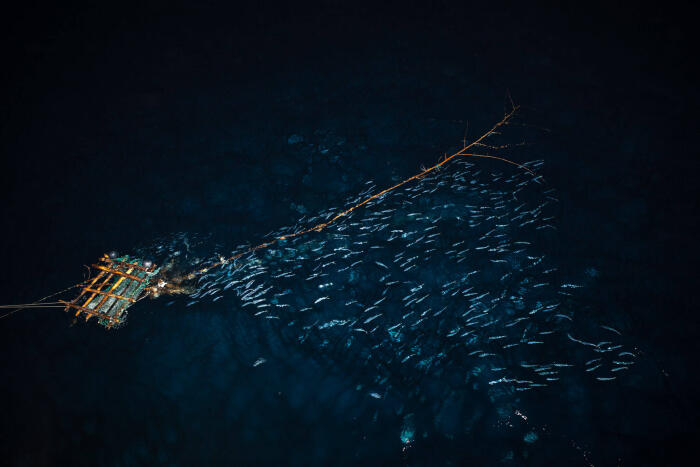As the next assembly of the Indian Ocean Tuna Commission begins, the NGO Bloom is publishing a comparative analysis between this industrial technique and traditional pole and line fishing practiced in the Maldives.
Little known to consumers, but subjects of recurring debate for tuna fishing professionals, fish aggregating devices (FADs) will once again animate the discussions of the 28th assembly of the Indian Ocean Tuna Commission (IOTC). ), which is being held this year from May 13 to 17, in Bangkok, Thailand.
This intergovernmental organization supposed to sustainably manage the exploitation of these large migratory fish has twenty-nine members, including the European Union (EU) and France, which sits there thanks to the island of Reunion but also because its tuna vessels are active in this part of the world.
Ahead of the Bangkok meeting, lobbying is at its height, pitting opponents and defenders against FADs, which are now drifting in large numbers in the Indian Ocean. The Bloom association devotes a large part of the report it publishes on Monday May 6 to them, in which it compares their impacts with those of pole-and-line catching of tropical tuna, as practiced by fishermen in the Maldives.


